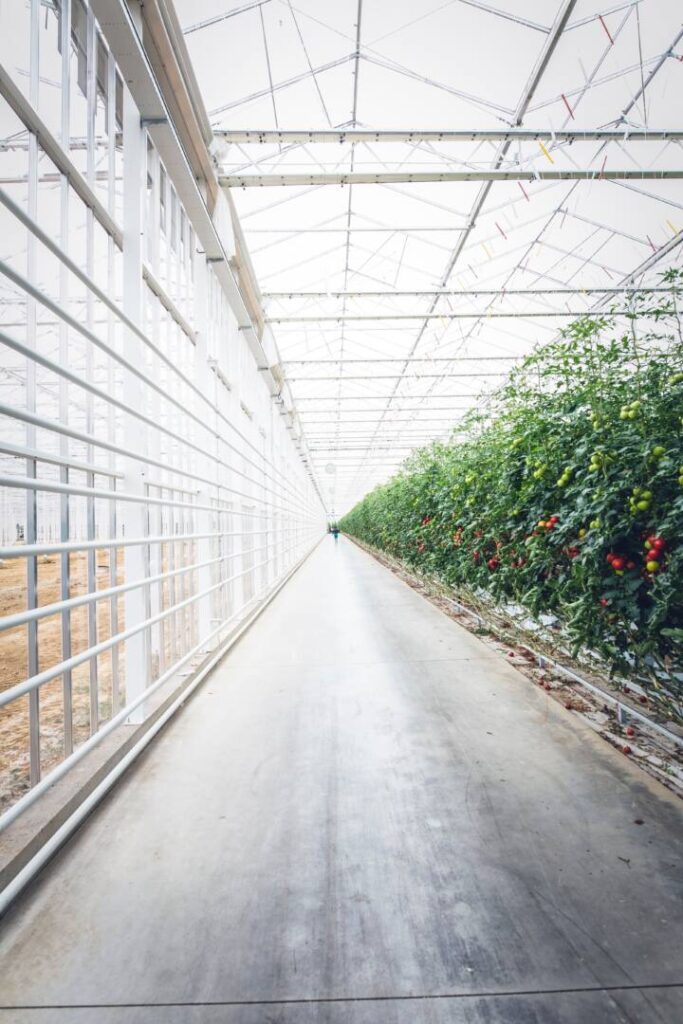Concrete in Agriculture: Cultivating Success from the Ground Up
When we think of agriculture, fields, crops, and livestock often come to mind. Yet, there’s an unsung hero working silently beneath it all: concrete. Concrete plays a crucial role in modern agriculture, offering a solid foundation for success. In this blog, we’ll explore how concrete is utilized in agriculture and the significant benefits it brings to this essential industry.
1. Farm Infrastructure:
Concrete is the cornerstone of farm infrastructure. It’s used in the construction of barns, silos, and storage facilities. These structures provide shelter for animals, protect grain and feed from the elements, and ensure the efficient operation of a farm.
2. Animal Housing:
Concrete flooring is a common choice for animal housing areas. It’s durable, easy to clean, and helps maintain a sanitary environment for livestock. Proper flooring is essential for the health and well-being of animals.
3. Irrigation and Drainage:
Concrete channels, culverts, and irrigation ditches are vital for managing water on farms. They help direct water where it’s needed for irrigation while preventing flooding and erosion.

4. Feed Bunks and Water Troughs:
Concrete feed bunks and water troughs provide a stable and sanitary feeding and drinking solution for animals. They resist wear and tear, ensuring long-term usability.
5. Manure Management:
Concrete is instrumental in manure management systems. It’s used to create manure storage pits and lagoons, where waste can be safely stored and later used as fertilizer.
6. Roads and Pathways:
Concrete roads and pathways enhance access to different areas of the farm, allowing for efficient transportation of equipment and materials. They also minimize mud and dust, creating a safer environment.
7. Sustainability:
Concrete can be a sustainable choice in agriculture. The use of recycled materials in concrete production and its long lifespan contribute to reducing environmental impact.
8. Pest Control:
Concrete can be a barrier against pests like rodents, which can damage crops and stored goods. It helps maintain the quality and safety of agricultural products.
9. Foundation for Agricultural Equipment:
Large agricultural machinery, such as tractors and harvesters, relies on solid concrete foundations for maintenance and storage. These foundations ensure that equipment remains in working condition.
10. Enhancing Food Safety:
Concrete surfaces in processing facilities, such as packing houses, provide a clean and sterile environment for handling and packaging agricultural products, contributing to food safety.
In conclusion, concrete is an indispensable partner in modern agriculture. It provides the foundation for farm infrastructure, animal housing, and essential systems like irrigation and drainage. Its durability, ease of maintenance, and versatility contribute to the success and efficiency of agricultural operations. As agriculture continues to evolve to meet the demands of a growing global population, concrete will remain an essential tool in cultivating success from the ground up.
Back To Blog
